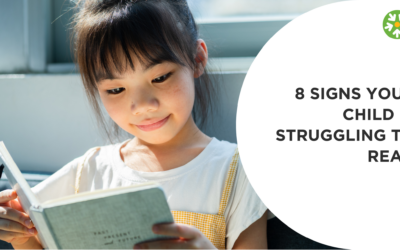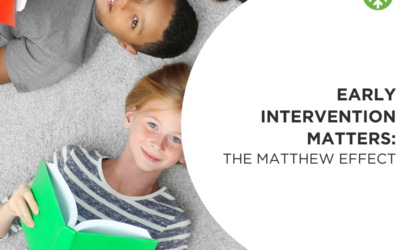In a recent presentation, Stephen McCrocklin, Langsford’s Executive Director, dispelled that long-held belief.
In fact, dyslexia is not a visual issue at all. Reversals are simply the consequence of less reading experience. The true underlying reason for Dyslexia is related to phonological awareness – the ability to process sounds in our language. Consequently, children who do not make reversals often go undiagnosed.
Here is the full definition as established by the International Dyslexia Association in 2002 and revalidated in 2016:
Dyslexia is a specific learning disability that is neurobiological in origin. It is characterized by difficulties with accurate and/or fluent word recognition and by poor spelling and decoding abilities. These difficulties typically result from a deficit in the phonological component of language that is often unexpected in relation to other cognitive abilities and the provision of effective classroom instruction. Secondary consequences may include problems in reading comprehension and reduced reading experience that can impede the growth of vocabulary and background knowledge.
Signs of Dyslexia in Kindergarten and 1st Grade
- Reading errors that show no connection to the sound of the letters on the page– (i.e. says “puppy” instead of “dog” on an illustrated page with a dog shown)
- Does not understand that words come apart into sounds
- Complains about how hard reading is, or disappears when it is time to read
- Cannot sound out even “simple” words like cat, map, nap
- Does not associate letters with sounds, such as the letter b with the “b” sound
- A history of reading problems in parents or siblings
Signs of Dyslexia in 2nd Grade and Up
- Very slow in acquiring reading skills
- Reading is slow and awkward, lacks fluency
- Trouble reading unfamiliar words, often making wild guesses
- Doesn’t seem to have a strategy for reading new words
- Avoids reading out loud
If your child is having difficulty with reading, it is very important to pursue an evaluation, so that you an get a plan in place. Time matters. Kids rarely outgrow these difficulties.
For the research regarding dyslexia, discussion of what does and does not work to treat dyslexia, and more, watch the full video replay below.
https://youtu.be/v2jh4T__9ks




